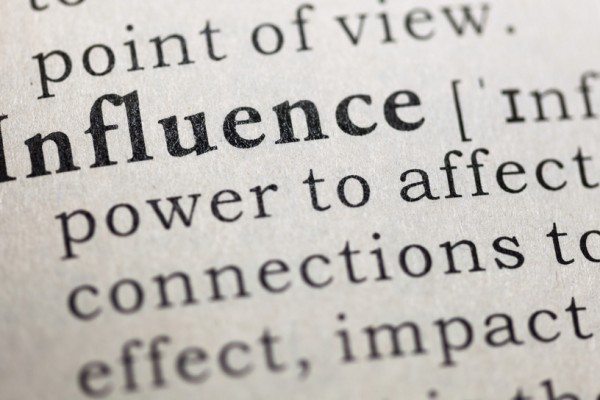By Cathy-Anne O’Brien Who are “influencers”? Also considered thought leaders or brand ambassadors, influencers enable “word of mouth” marketing – a concept that isn’t exactly new to the PR industry. Yet, the level of enthusiasm for influencer campaigns is in overdrive.
Correction: the level of enthusiasm for digital influencers is in overdrive. Traditionally, we’ve always used the media as the influencers. The notion of ‘spokesperson for hire’ peaked in the ‘90s thanks to celebrities like Candice Bergen for Sprint or Michael Jackson for Pepsi. Today’s sponsored online content was yesterday’s advertorial.
This is not new. What is new is our ability to connect with consumers more directly and at a larger scale than ever before, and many brands are heavily relying on influencers to do that for them. When magazines such as Marie Claire put a fashion blogger on their cover and businesses claim they generate $6.50 in revenue for each $1 spent in influencer marketing (according to the latest poll from influencer marketplace Tomoson), the effectiveness of influencer marketing cannot be ignored.
is our ability to connect with consumers more directly and at a larger scale than ever before, and many brands are heavily relying on influencers to do that for them. When magazines such as Marie Claire put a fashion blogger on their cover and businesses claim they generate $6.50 in revenue for each $1 spent in influencer marketing (according to the latest poll from influencer marketplace Tomoson), the effectiveness of influencer marketing cannot be ignored.
But this may not always true. As PR professionals, how do we ensure we stay ahead of the curve? Digital influencers have become their own media channels. With millions of followers, their sway can be significant. Online celebrity status is achieved for the sole purpose of becoming an influencer; or in other words, being famous for being famous. Too often the lines between earned and paid recommendations are blurred, and influencers who aren’t completely transparent will eventually become mistrusted by consumers. Well-informed, credible and knowledgeable thought leaders with staying power will make the best brand advocates. Relying on the number of ‘likes’ and ‘followers’ alone is a slippery slope.
Let’s ensure that our hyper-focus on influencers isn’t diverting our attention away from great strategy. Building engaging, diverse campaigns that directly interact with customers cannot be left entirely in the hands of your brand advocates. That’s the easy way out. Far too many of us are impressed by any online campaign, as long as it has an influencer strategy. We need to be better than that. We need to continuously focus on what matters: are we winning the minds and hearts of customers? And how do we know?
Before your online strategy automatically defaults to an influencer campaign, ask yourself, are you identifying and activating passion for your brand? Or are you collecting fans like baseball cards? While the online celeb can influence behaviour, let’s not forget the impact hundreds of actual customers, who have experienced, owned and LOVED your product – who may even be active in an online community advocating for your brand – can have. The volunteer ambassador will always have far greater influence than the paid one. Let’s not forget about them.
